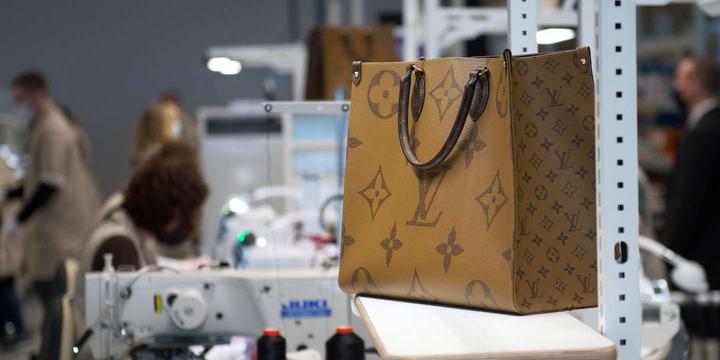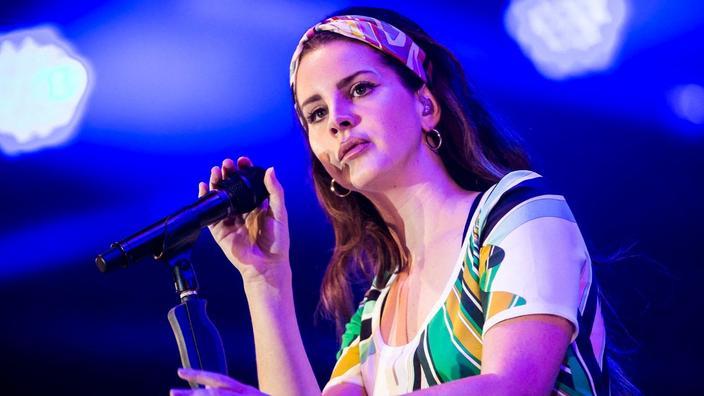Monogram, the "best enemy" of luxury

The day begins with a short teleshopping video. Beverly (her first name has not been changed), a beautiful 35-year-old brunette, speaks to the camera to present the news of the day. The day before, several "saleswomen" showed up, by appointment, at Monogram's Paris headquarters. They brought in pieces of leather goods that they decided to resell: a Mini C from Chloé, a Lady D from Dior, sometimes even a Kelly from Hermès. All these bags, sometimes almost new, Beverly inspects them from every angle, carries them, shows them to the camera.
On social networks, hundreds of buyers are in front of their screens. If they find the object of their desire among the novelties of the day, they will in turn make an appointment with Monogram to pick it up. On site, they will be able to fall for another product on display in the vast apartment transformed into a multi-brand consignment store: clutch bags, glasses, shoes, scarves...
Recovering products, the sinews of war
For the past few days, Monogram has offered another address to its customers: the third floor of Galeries Lafayette. The department store on boulevard Haussmann has just opened a space of 500 square meters called (Re) Store, intended for the "already-worn". Over 50 square meters, Monogram's vintage bags have a first-class showcase, alongside other specialists such as Personal Seller, Entremains or Relique.

"We wanted our offer to evolve to be more responsible, explains Alix Morabito, director of special projects at Galeries Lafayette. The second hand is an answer and constitutes a major commercial challenge." With growth of 15 to 20% per year, the sector could overtake fast fashion by 2028 to generate more than 1 billion euros in turnover.
“Our presence at Galeries Lafayette should allow us to sell more, to make the brand known, to create trust and to generate new deposits”, analyzes Beverly Sonego, founder of Monogram. The ability to recover products is the sinews of war for second-hand specialists. And Beverly has made an art of it.
Stand out against powerful competitors
At 35, this mother of four already has years of "collecting" behind her. After emptying the cupboards of her relatives, she begins to make "homes" to unearth "high potential" pieces for which she has already identified clients. When her apartment becomes too small to store the loot of what is still called ByLuxe, she takes a first showroom, then a second a little bigger with her lifelong partner, Ornella Perez. At the beginning of 2021, ByLuxe becomes Monogram.
In less than ten years, the two young women have seen both the supply and the demand for second-hand luxury get carried away. "To justify the prices charged and, above all, their constant increase, the brands play on the residual value of their products. You buy a bag at 2,000 euros because you know that if you part with it you will get a good price for it", Ornella Perez analysis. "Brands need us, assures Beverly Sonego. We are their best enemy. That's the meaning of history."
To stand out from the crowd, faced with powerful competitors like Vestiaire Collective or even eBay, Monogram insists on showcasing products. On social networks, Beverly adopts the codes of influencers and, on the site, the presentation of products takes up those of luxury. Objective: to ensure a high turnover rate. “70% of the products find takers within seventy-two hours, specifies Cécile Maudy, general manager of Monogram. After twenty years at Veepee, formerly Venteprivée.com, the e-commerce specialist has joined the little Monogram "family". Its expertise will support the development in China, which is looming, and the search for investors, which has already begun.
- Prev
- Next







